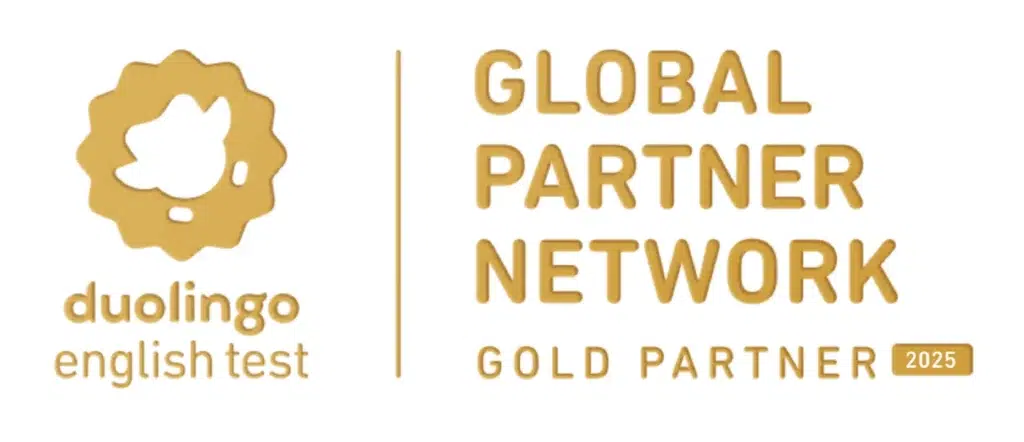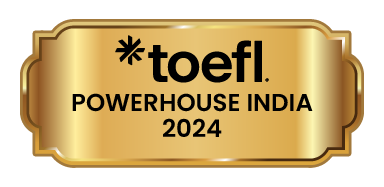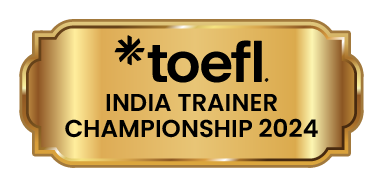Study In Canada
Table of content
Education System in Canada
Associate Degree
These courses are offered by the Technical And Further Education (TAFE) institutions that are government-funded, as well as private Registered Training Organizations (RTO) and adult and community education centers. VET courses incorporate on-job training in addition to online or classroom training.
Certificate and Diplomas
They are short-term programs offering specialised training. Certificates are shorter, typically ranging from a few months to a year, while diplomas are more comprehensive and generally take one to two years to complete. Examples include Medical Office Assistant Certificate and Graphic Design Diploma.
Bachelor's Degree
It is an undergraduate program that provides foundational knowledge in a specific field. Bachelor's degree programs usually take three to four years of full-time study. Examples include Bachelor of Arts (B.A.) in Psychology, Bachelor of Science (B.Sc.) in Computer Science, and Bachelor of Commerce (B.Com.) in Business Administration.
Bachelor's Honours Degree
It is an undergraduate program that signifies a higher level of academic achievement. It involves advanced coursework and research opportunities. It generally takes four years of full-time study to complete. Examples include Bachelor of Science (Honours) in Biology and Bachelor of Arts (Honours) in History.
Graduate Diploma
This program is designed for postgraduate students seeking specialised training beyond their bachelor's degree. It provides focused knowledge and skills in a specific field, enhancing career prospects. Graduate diploma programs typically last around one year of full-time study. Examples include Graduate Diploma in Project Management and Graduate Diploma in Human Resource Management.
Master's Degree
This program is for postgraduate studies and requires a bachelor's degree as a prerequisite. It deepens knowledge and expertise in a specific field through coursework and research. Master's degree programs usually take one to two years of full-time study. Examples include Master of Science (M.Sc.) in Computer Science and Master of Business Administration (MBA).
Professional Degrees
These are programs designed to prepare students for specific careers. They combine academic coursework with practical training and internships. Program completion time varies by field. Law and medicine take 3-4 years, while education takes 1-2 years. Examples include Juris Doctor (J.D.) for law and Doctor of Medicine (M.D.) for medicine.
PhD Programs
They are the highest level of academic pursuit. They involve advanced research in a specific field, leading to the development of original contributions to knowledge. PhD programs usually take four to six years of full-time study. Examples include PhD in Physics, PhD in Psychology, and PhD in English Literature.
Types of Educational Institutes in Canada
Students can earn their degrees or diplomas by enrolling to the following:
- Universities: They offer a broad range of undergraduate and graduate programs as well as diplomas, certificates, doctorates, and professional degrees.
- Career and Technical Colleges: They offer specialized diplomas and certificate courses.
- Community Colleges: These colleges offer diplomas, certificates, associate degrees, graduate diplomas, and undergraduate degrees.
- University Colleges: They host students who may be part of university transfer programs or wish to continue diplomas in specialized subjects.






